The Power of the Coffee Shop
Arian Horbovetz is a Strong Towns member documenting small town revival from his home in upstate New York on his blog, The Urban Phoenix. The following essay is republished from his blog with permission.
I walked in the door of the coffee house for the first time, ordered a java and looked around at the rugged, eclectic yet humble decor. A little colorful funk blended with beatnik character and a “take me as I am” sort of vibe gave me the feeling that this was the start of a special day.
Over three years ago, this was my experience as I walked into Utica Coffee Roasting in downtown Utica for the first time. As an outsider, any impression I ever had about this humble city was reset with a few brief minutes in a coffee shop, one of downtown’s first additions in the city’s revival. So often it is the simplicity of a small coffee shop or cafe, with the vision of bringing people together in a place that has been vacant for decades, that stokes the flame of revitalization and downtown relevance.
Happy Cappuccino in Schenectady, Joe Bean in Rochester, Opus in Geneva... these coffee shops and many others are local (and better) alternatives to Starbucks, bringing people together around a simple, daily routine. They are places we visit on the way to work. They are offices away from our office. They are comfy places to study or meeting places for good friends. I myself meet clients at local coffee shops, which provide a loose, cozy, commitment-free venue where everyone can feel comfortable.
But why is it that a coffee shop or cafe often restarts the engine of rebirth in a community or neighborhood? The key lies in the word “incremental,” a term used often by urbanists today, and for good reason. These shops can take a plethora of different forms, making it easier to adapt an old empty storefront into a comfy or eclectic center for your morning fuel. They don’t take the same investment as, say, a restaurant or brewery, and they require less of a financial commitment for potential customers. Owners of local coffee shops often compliment their drinks with pastries and baked goods from local bakeries, creating a collaborative, home grown feel for the customer. Finally, if a coffee shop is successful, there are many ways it can expand into a place for food, beer, wine and even cocktails.
Coffee shops and cafes are perhaps the food service industry’s most scaleable creation, with minimal up front investment and a palatable financial commitment from customers. It gives the owner the opportunity to start small and add items and features if the need for expansion is warranted. With all this in mind, coffee shops are often the perfect “dip your foot in the water” approach to reviving a neighborhood that has been dormant for decades.
Rome Main Street Alliance announced last week that it will be opening a coffee house on West Dominick Street in Downtown Rome. Cooperccino’s coffee house will likely be a welcomed addition to an area that many see as a future for the arts and culture, with Rome’s historic Cinema Capitol Theater as the anchor. For a downtown that struggles with a lack of density and draw, this small addition might be an important piece of re-introduction for the city.
Finally, I’ll add a little personal experience. When I was sixteen and my friends and I started to drive, we would occasionally make the short trip into Rochester (I was a suburban kid at the time) to Java’s, one of the city’s mainstay coffee houses near Eastman Theater. While I was born in Chicago and loved it, I never thought much of Rochester as a kid. Our trips to Java’s opened my eyes to parts of Rochester that I wanted to connect with, playing a large role in my future desire to see my city and others succeed.
Such a simple concept… coffee and attitude. Such a big impact, the incremental revival of our neighborhoods, our downtowns, and our urban spirits.
(All photos copyright Arian David Photography)


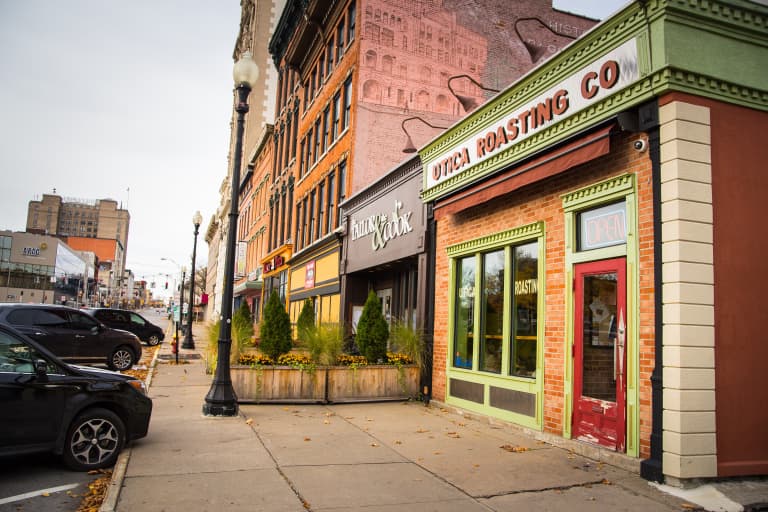
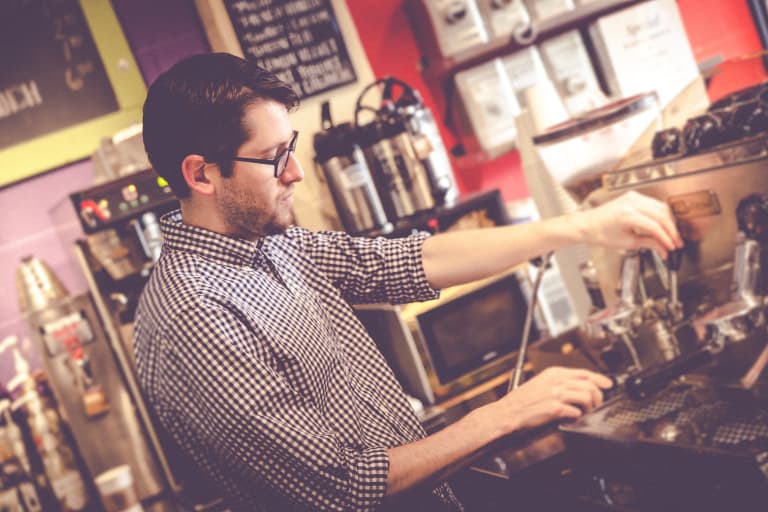
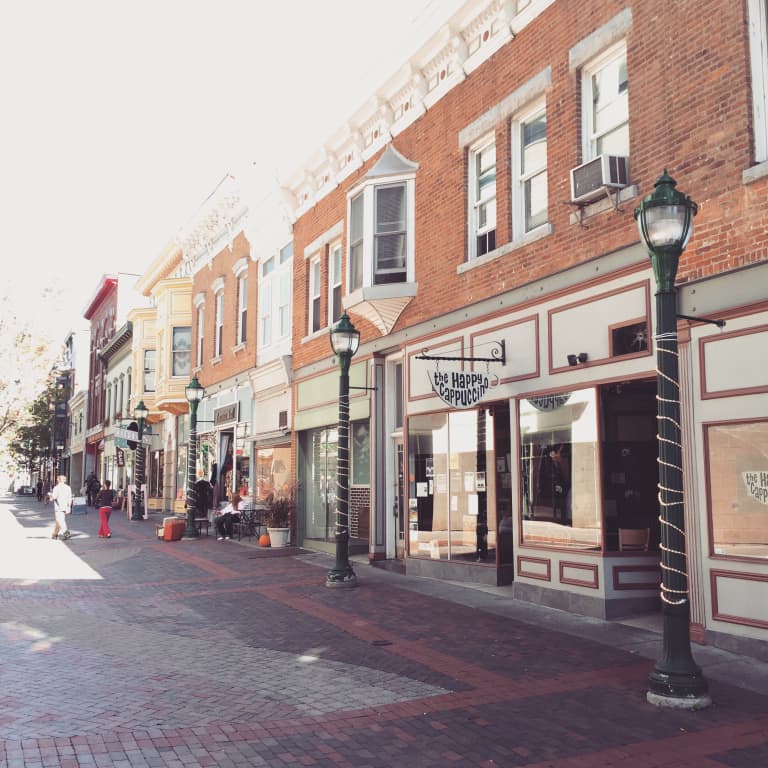
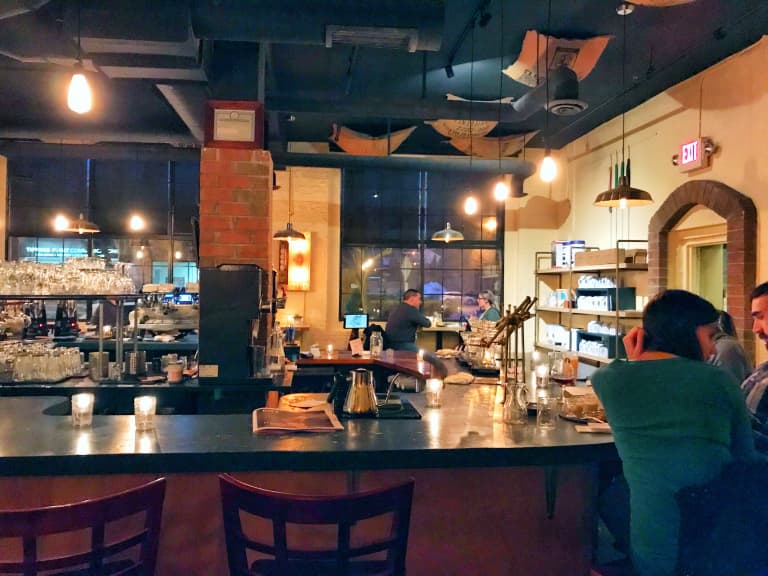
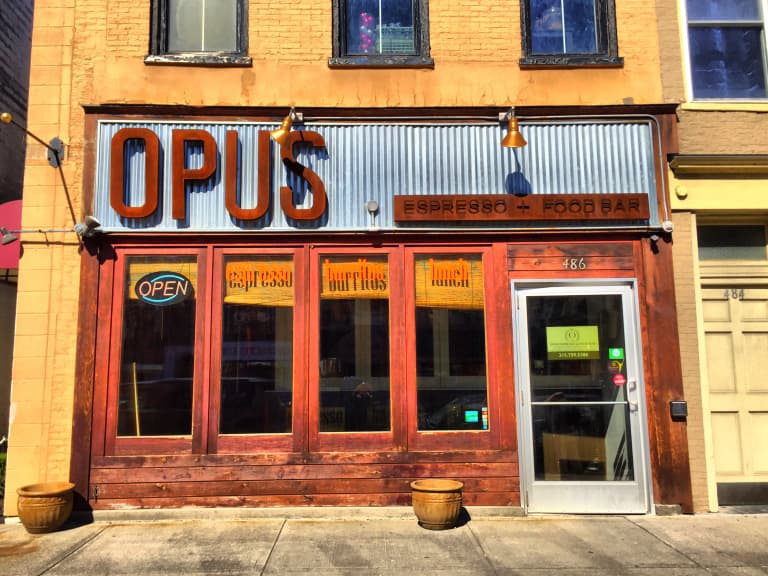



Dallas wasn't built for the car: it was paved over for it. This new bill can help it rebuild.